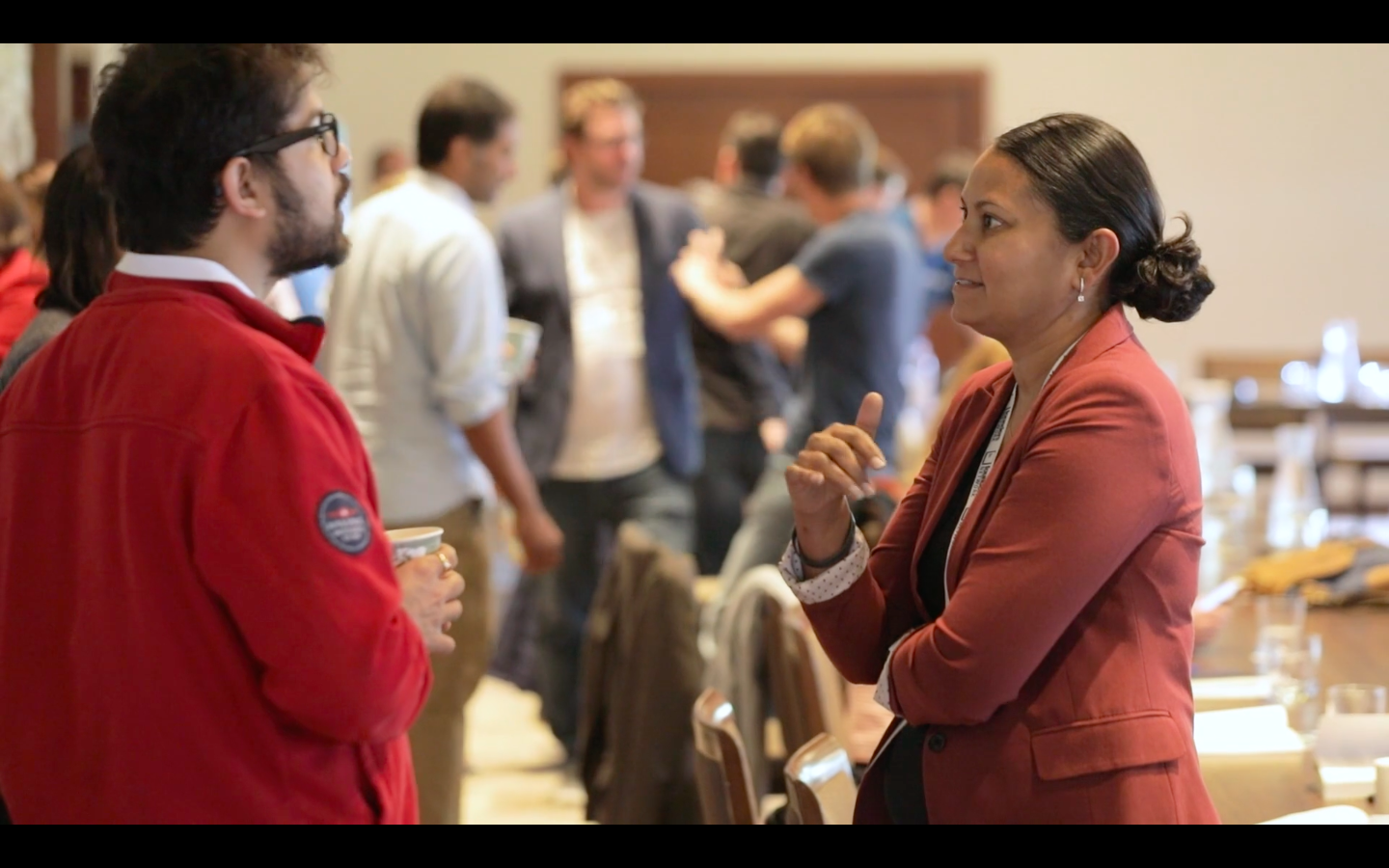
Dropbox’s secure document sharing and analytics company DocSend regularly tracks startup investment trends via analysis of pitch decks sent through the platform. According to their analysis from 2021, venture capitalist engagement with startup pitch decks reached an all-time high in Q4 and increased 44 percent across the full year.
This analysis underlines the vital role pitch decks play in fundraising. While in-person meetings remain popular, pitch decks today serve as both a calling card for startup founders and an efficient way for VCs to quickly sift through potential opportunities.
That’s why serial entrepreneur Jonah Midanik is passionate about giving entrepreneurs the tools necessary to create an effective pitch deck. As a partner and COO at Forum Ventures, he plays an active role in supporting founders on their journey. Forum helps B2B SaaS companies go from startup to scale, with investment, an accelerator program focused on go-to-market strategy, and fundraising.
“Being able to support startup founders gives me a lot of satisfaction because I’ve been there,” Midanik says. “It’s a really lonely journey. You’re over-resourced, you’re underpaid., and you’re overworked. It can be an incredibly isolating experience.”
On April 7, 2022, Midanik hosted a webinar for Founders Network members where he provided a tutorial on how to craft a pitch deck that makes an impact on investors.
Here’s what you need to know before you start crafting an effective pitch deck.
It’s so hard to get mindshare because there’s so much noise out there. Share on XTo learn more about how to craft a pitch deck that makes an impact on investors, see if you qualify for membership and check out the webinar from April 7.
Stiff competition
Due to the number of startup founders seeking VC funding, it can be difficult to stand out in the crowd. According to the DocSend analysis, the overall supply of founders seeking funding – measured via pitch deck link creation per founder – increased 33 percent YoY in Q4 of last year.
“It’s so hard to get mindshare because there’s so much noise out there,” Midanik says. “You have to penetrate the noise and drive urgency. But it’s hard to stand out in general because venture capitalists are default no. That’s their job, to look at two thousand pitches and invest in ten per year. In a world of default no, how do you get someone to invest and become a yes.”
You have to remember that VCs see a thousand of these and your individual slides are never going to resonate. Share on XTime constraints
When it comes to securing interest from VCs Midanik says startup founders are short on time.
According to the DocSend metrics, VCs are moving more quickly than ever before when making decisions around startup funding. VCs reviewed pitch decks faster in Q4, with an all-time low “time spent on deck” metric of just 2 minutes, 28 seconds, a YoY decrease of 12 percent from the same time period in 2020.
“A lot of times, pitch decks are just a collection of slides,” Midanik says. “You have to remember that VCs see a thousand of these and your individual slides are never going to resonate. There needs to be a 30 second story and a big idea contained within that gives me a reason to take the meeting. You have to be able to say in one to two sentences what the big idea is, how the world’s going to be different now that you’re here.”
The pitch decks that work tell that story effectively. Share on XTelling a story
Midanik says there’s one thing all impactful pitch decks have in common: a narrative you can explain in simple language. That’s why he recommends startup founders develop a narrative arc that can be summarized in less than one minute.
“Everyone seems to think with a pitch deck you’re trying to win an investment, but you’re not,” says Midanik. “An investment is something that takes a series of meetings, a data room, and a demo. A pitch deck is literally just to secure a meeting. So what is the story and big idea that’s going to secure the meeting with that partner at a big venture fund? The pitch decks that work tell that story effectively. I see a lot of people get really bogged down in problem solution sets and niche language and that’s not really what moves people.”
At his webinar, Midanik covered:
- The value of an effective pitch deck
- What VCs are looking for in your pitch deck
- How to craft an engaging narrative
- How to condense your message
To learn more about how to craft a pitch deck that makes an impact on investors, see if you qualify for membership and check out the webinar from April 7.






